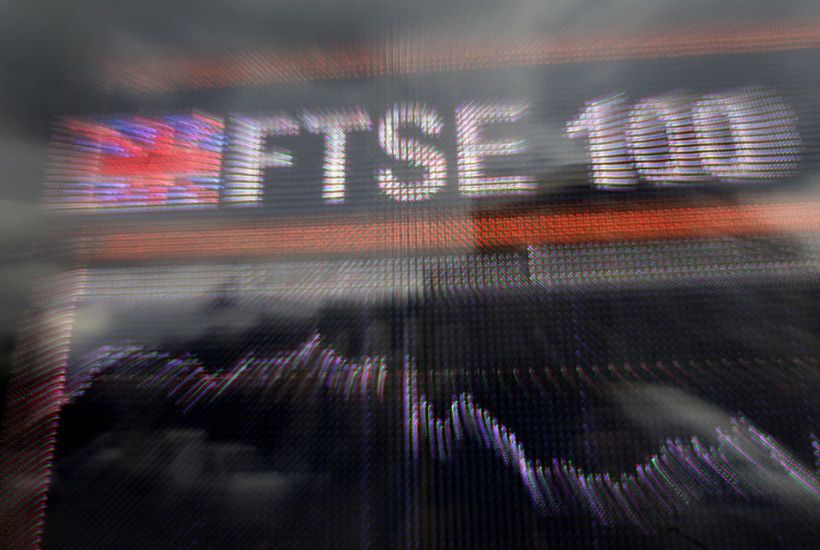What is wrong with UK shares? While the US, European and Japanese stock markets reach new highs, UK markets are stuck in a deep rut. The FTSE 1000 is just 10 per cent higher than it was on the last day of last century. As for the FTSE 250, small cap and AIM markets – which seemed to be doing okay until 2021 – they are still deep in bear market territory.
Already a subscriber? Log in
Subscribe for just $2 a week
Try a month of The Spectator Australia absolutely free and without commitment. Not only that but – if you choose to continue – you’ll pay just $2 a week for your first year.
- Unlimited access to spectator.com.au and app
- The weekly edition on the Spectator Australia app
- Spectator podcasts and newsletters
- Full access to spectator.co.uk
Or





















Comments
Don't miss out
Join the conversation with other Spectator Australia readers. Subscribe to leave a comment.
SUBSCRIBEAlready a subscriber? Log in